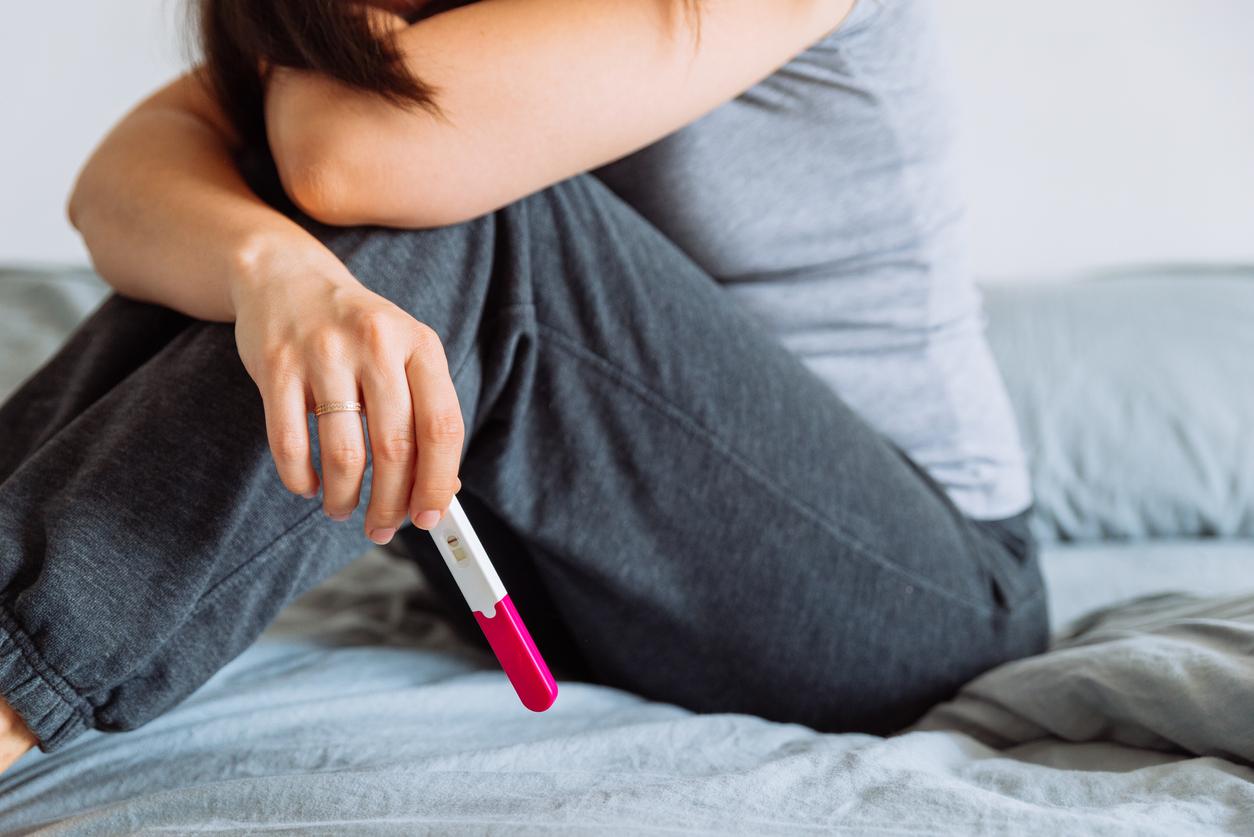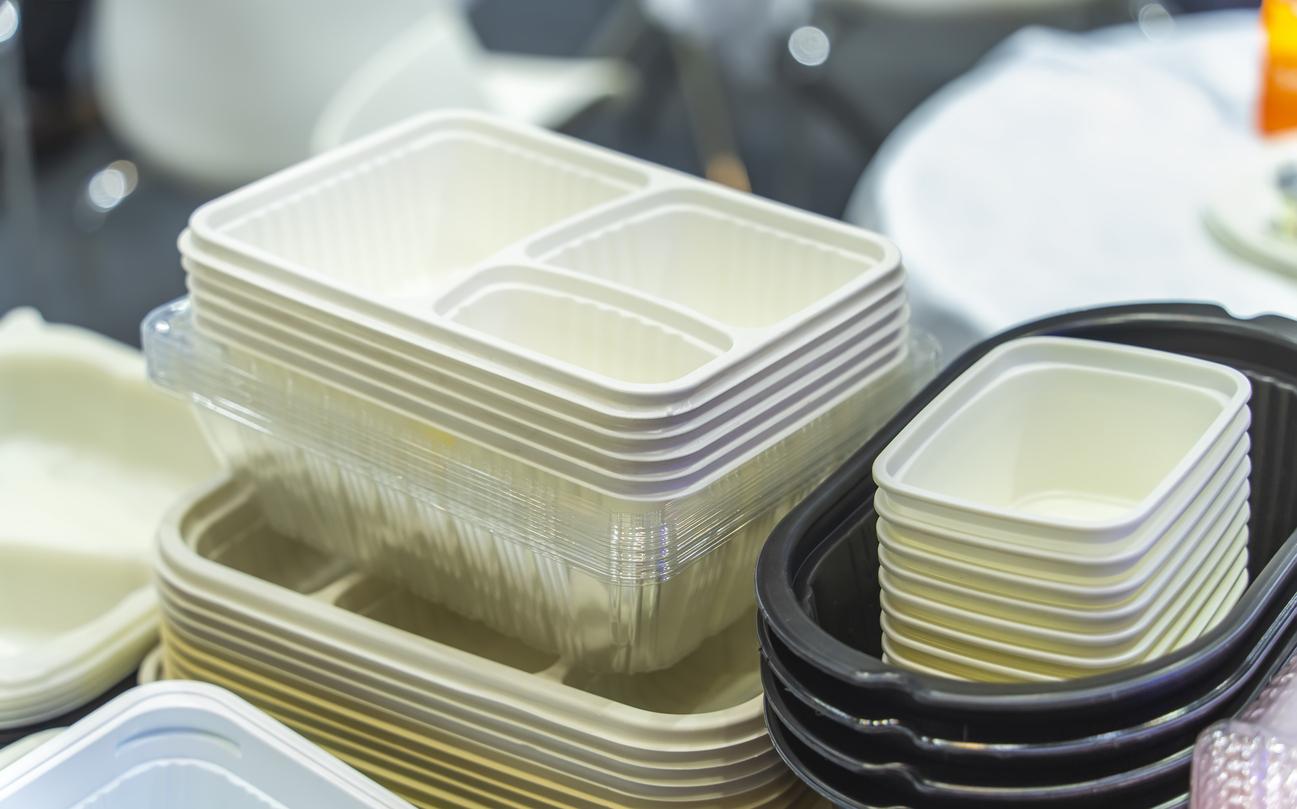PFAS, nicknamed “eternal chemicals” and present in many everyday objects, could lead to a 40% drop in female fertility.

- PFAS can be present in many everyday products such as non-stick kitchen utensils, food packaging and cosmetics.
- A Mount Sinai Hospital study shows that exposure to these chemicals can reduce fertility in women by up to 40%.
- Researchers advocate for policies calling for a ban on the use of chemicals, such as PFAS, in everyday products.
Non-stick kitchen utensils, waterproof clothing, food packaging, furnishing fabrics, paints, cosmetics, dental floss… Perfluoroalkyl substances, or more simply PFAS, are present in a large number of everyday objects. What makes the discovery of Mount Sinai Hospital (USA), published in the scientific journal Science of the Total Environmenteven more worrying.
Exposure to these chemicals can lead to a reduction in fertility of up to 40% in women.
PFAS mixtures impact female fertility
For this work, the team followed 1,032 Singaporean women of childbearing age who were trying to get pregnant and who were enrolled in the Singapore Preconception Study of Long-Term Material and Child Outcomes, a population-based prospective cohort. The researchers measured the level of PFAS in the blood of these volunteers between 2015 and 2017. They learned that higher exposure to these products was associated with a reduced likelihood of pregnancy and live birth.
The chances of conceiving in the year following follow-up and of delivering a healthy baby decreased by 30 to 40% when seven PFAS were present in the women’s organism. The biggest contributor to this “infertility cocktail” is perfluorodecanoic acid, which is individually linked to reduced fertility. “Associations with infertility outcomes were also observed for perfluorooctanesulfonic acid, perfluorooctanoic acid, and perfluoroheptanoic acid”specify the authors in a communicated.
“Our study strongly implies that women considering pregnancy should be aware of the harmful effects of PFAS and take precautions to avoid exposure to this class of chemicals, particularly when trying to conceive”adds lead author Nathan Cohen, a postdoctoral researcher in the Department of Environmental Medicine and Public Health at the Icahn School of Medicine at Mount Sinai.
PFAS disrupt reproductive hormones
This is not the first time that the harmful effects of PFAS for the body have been pointed out. Other work has already demonstrated that these substances alter the reproductive functioning of mice.
“PFAS can disrupt our reproductive hormones and have been linked to delayed onset of puberty and increased risks of endometriosis and polycystic ovary syndrome in a few previous studies. What our study adds is that PFAS may also decrease fertility in women who are generally healthy and naturally trying to conceive”notes author Damaskini Valvi, assistant professor of environmental medicine and public health at Icahn Mount Sinai and an expert on the dangers of these chemicals. “We also know that exposure to PFAS begins in utero and is passed from mother to fetus, as many PFAS have been detected in umbilical cord blood, placenta and breast milk. PFAS is therefore essential to protect the health of women as well as that of their children.”.
To reduce exposure to perfluoroalkyl substances, scientists advise avoiding “foods associated with higher levels of these chemicals” and purchase PFAS-free items.
“It is also important to advocate for policies that prohibit the use of toxic chemicals, such as PFAS, in everyday objects”notes Dr. Valvi who intends to continue her research to explore the biological mechanisms involved in the impact of these substances on reproductive health.

















